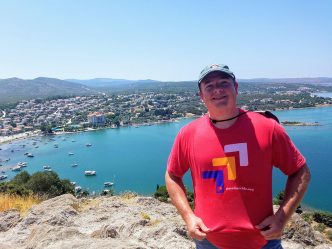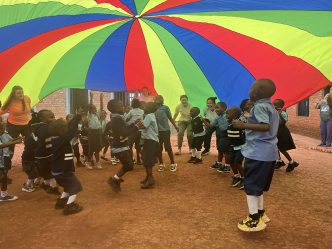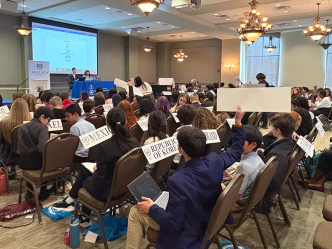In July of 2015, the United States formally restored its diplomatic relations with Cuba, and there has never been more buzz surrounding our tiny island neighbor. Today, thanks to that renewed interest, wandering eyes from around the world are once again firmly set on Havana, marking it as one of the world’s ultimate travel destinations.
That’s why there’s never been a better time – or a better place – for the inaugural Study Abroad Professional Development Program.
But what can faculty and staff learn from a trip to Cuba?
“Faculty will learn how to both develop an applied cross-cultural or global focus to their content specialty area and test out their ideas before taking students,” said Maria Darley, director of study abroad. “We anticipate the peer mentoring and shared experiences will generate the confidence and knowledge needed for faculty to begin leading their own classes in the future.”
While the faculty portion of the trip will focus on developing programs for students, Darley said the staff portion of the trip will consist of developing new skill sets and cultural understanding.
“Staff members will consider how the cross-cultural experience informs their specialty area,” she said. “Our goal is for staff to see how international experience aids in the development of new skills and tools that ultimately support student success.”
Darley said she envisions the trip as a way for faculty and staff to “get their feet wet,” so to speak, something she believes could be crucial to furthering the university’s educational goals.
“We discovered that many times faculty don’t put together study abroad program proposals because they’re intimidated by the process,” she said. “I think if they had a better understanding of how it works, we may see some new faculty and new locations proposed for future study abroad locations, something that would benefit our students greatly.”
In addition to being a great travel destination, Darley said Study Abroad chose to host the Professional Development Program in Cuba because the island already has some experience with visitors from Georgia Regents University.
“I often get questions from other faculty members about Hull’s Cuba trips,” said Darley. “I hear things like ‘how are you able to do a program to Cuba?’ which are usually followed by ‘I want to go!’”
The trips she referred to, led by Prof. Don Howard, allow students from the Hull College of Business to travel to Cuba in order to learn more about the country’s economic and trade practices. (http://jagwire.gru.edu/archives/26638)
Darley also said that hosting an in-house program helps to keep the overall cost of the trip down.
“There are many third-party vendors who offer these types of trips for faculty but keep the profits for their own companies,” she said. “By developing our own program, we can provide many of the same opportunities at a discounted rate.”
Currently, the Professional Development Program consists of three parts: Two workshops, held in March and April of 2016, will guide faculty through the process of designing their own study abroad program and courses. A one-week “practice trip” is scheduled for May, followed shortly after by a final meeting to evaluate the program in its entirety.
The total cost of the program is $2,760, which includes travel accommodations, a Travel Visa, meals, transportation and an expert local guide.
The deposit deadline for the program is Feb. 5, 2016. The payment deadline is Feb. 19, 2016.
 Augusta University
Augusta University




